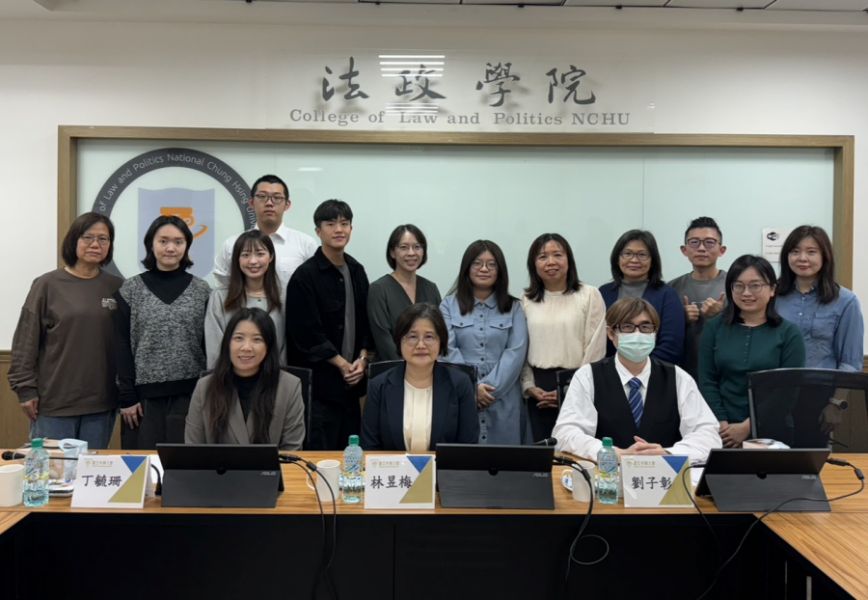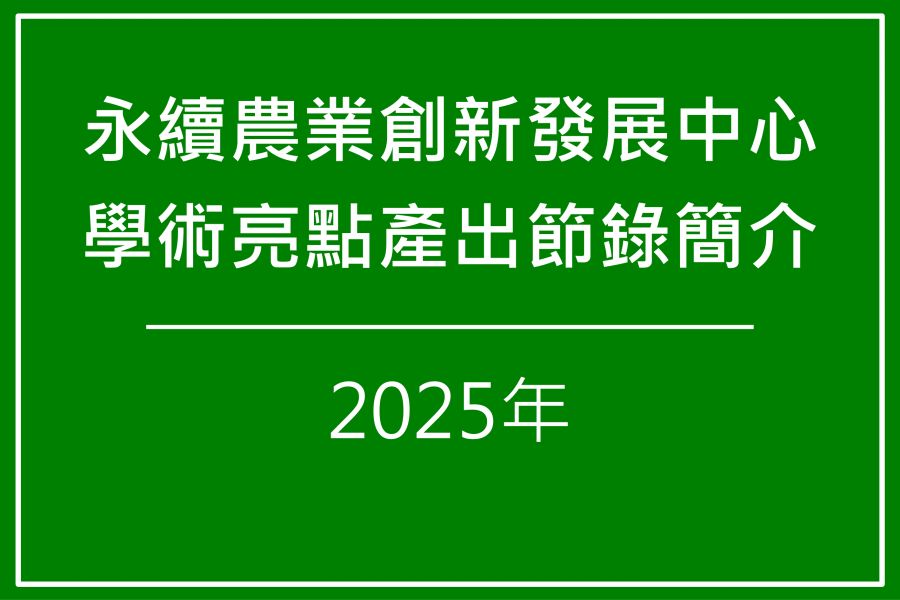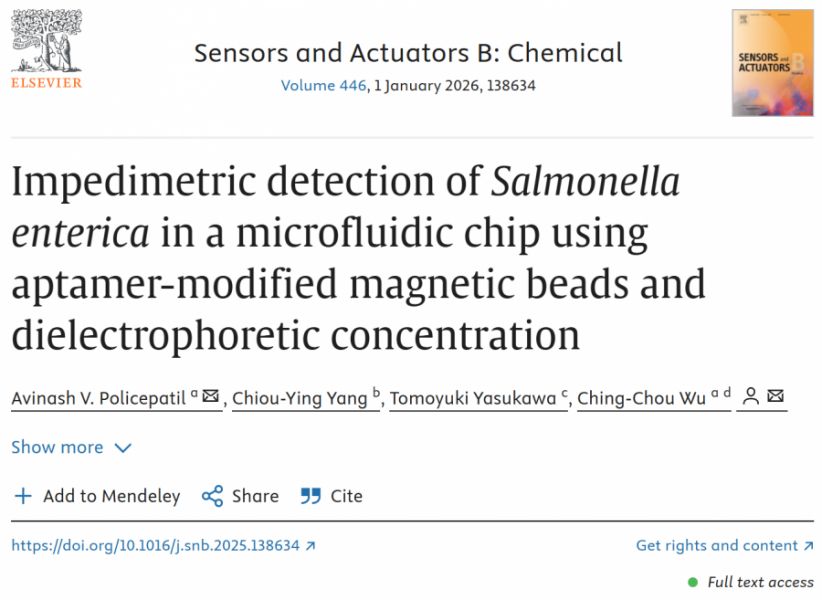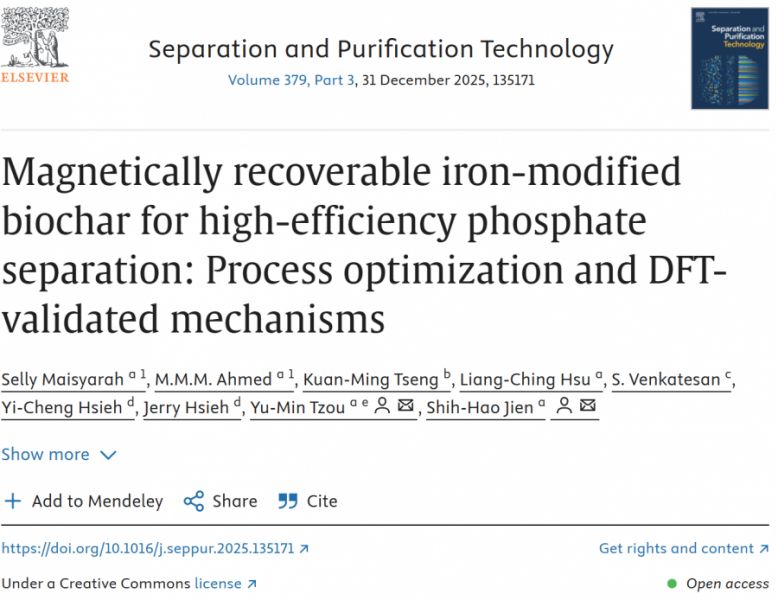生態農業:氣候變遷下森林碳匯與生態經濟評估【森林學系/柳婉郁特聘教授】
| 論文篇名 | Residential energy considering renewable portfolio standards and tradable green certificates |
| 期刊名稱 | RENEWABLE & SUSTAINABLE ENERGY REVIEWS |
| 發表年份,卷數,起迄頁數 | 2025, 207, no.114981 |
| 作者 | Lin, Chun-Cheng; Shen, Hong-Yu; Peng, Yi-Chun; Liu, Wan-Yu(柳婉郁)* |
| DOI | 10.1016/j.rser.2024.114981 |
| 中文摘要 | 透過能源互聯網 (IoE) 內的電池儲能係統、能源交易和排放交易計劃 (ETS) 優化分散式再生能源 (DRES) 的能源管理已引起相當多的關注。 ETS 已擴大到包括排放分散的部門,特別是針對家庭,這與家庭電力越來越多地採用 DRES 一致。然而,先前的研究主要集中在再生能源組合標準(RPS)上,該標準要求能源供應商將一定比例的可再生能源納入其能源組合中,從而影響工業和大型能源系統,而忽略了在家庭層面實施RPS 的潛力。此外,先前的研究分析了可交易綠色證書(TGC)的能源市場,這些證書是透過與再生能源發電分開進行認證的,但很少調查它們在家庭中的潛力。因此,本研究將基於房屋的 RPS (HRPS) 和 TGC 的分拆引入到具有 DRES、家庭儲能係統 (HESS) 和電動汽車的智慧房屋的動態能源管理優化問題中,其中 HRPS 要求日常消耗綠色能源,允許能源和TGC透過各自的交易平台進行交易。制定了數學規劃模型,用於確定 HRPS 下的 HESS 充電/放電決策、能源交易和 TGC 交易,同時最大限度地減少 HRPS 不合規的成本和處罰。由於TGC分解使該模型變得更加複雜,因此提出了混合簡化和聲搜尋(SHS)和雙自適應通用變數鄰域搜尋(DAGVNS)演算法。模擬結果表明,引入RPS和TGC交易可以有效減少智慧家庭每週約19.4%的碳排放。 |
| 英文摘要 | Optimizing energy management for distributed renewable energy sources (DRESs) with battery energy storage systems, energy trading, and emission trading schemes (ETSs) within the Internet of Energy (IoE) has garnered considerable attention. ETSs have been extended to include sectors with dispersed emissions, notably targeting households, aligning with the growing adoption of DRESs for household electricity. However, previous studies focused on how renewable portfolio standard (RPS) that mandates energy suppliers to include a percentage of renewable energy into their energy portfolios influence industrial and large-scale energy systems, neglecting the potential of implementing RPS at the household level. In addition, previous studies analyzed energy markets of traded green certificates (TGCs), certified through their separation from renewable energy generation, but rarely investigated their potential within households. Consequently, this study introduces house-based RPS (HRPS) and the unbundling of TGCs into a dynamic energy management optimization problem for a smart house with DRESs, a home energy storage system (HESS), and an electric vehicle, where HRPS mandates daily consumption of green energy, allowing for energy and TGC trading through their respective trading platforms. A mathematical programming model is formulated for determining HESS charging/discharging decisions, energy trading, and TGC trading under HRPS, while minimizing costs and penalties for HRPS non-compliance. Since TGC unbundling makes this model much complex, a hybrid simplified harmony search (SHS) and double-adaptive general variable neighborhood search (DAGVNS) algorithm is proposed. Simulation results demonstrate that the introduction of RPS and TGC trading can effectively reduce the smart house's carbon emissions by approximately 19.4 % weekly. |
| 發表成果與本中心研究主題相關性 | 此研究與永續農業中心研究主題之淨零碳排密切相關。 |







